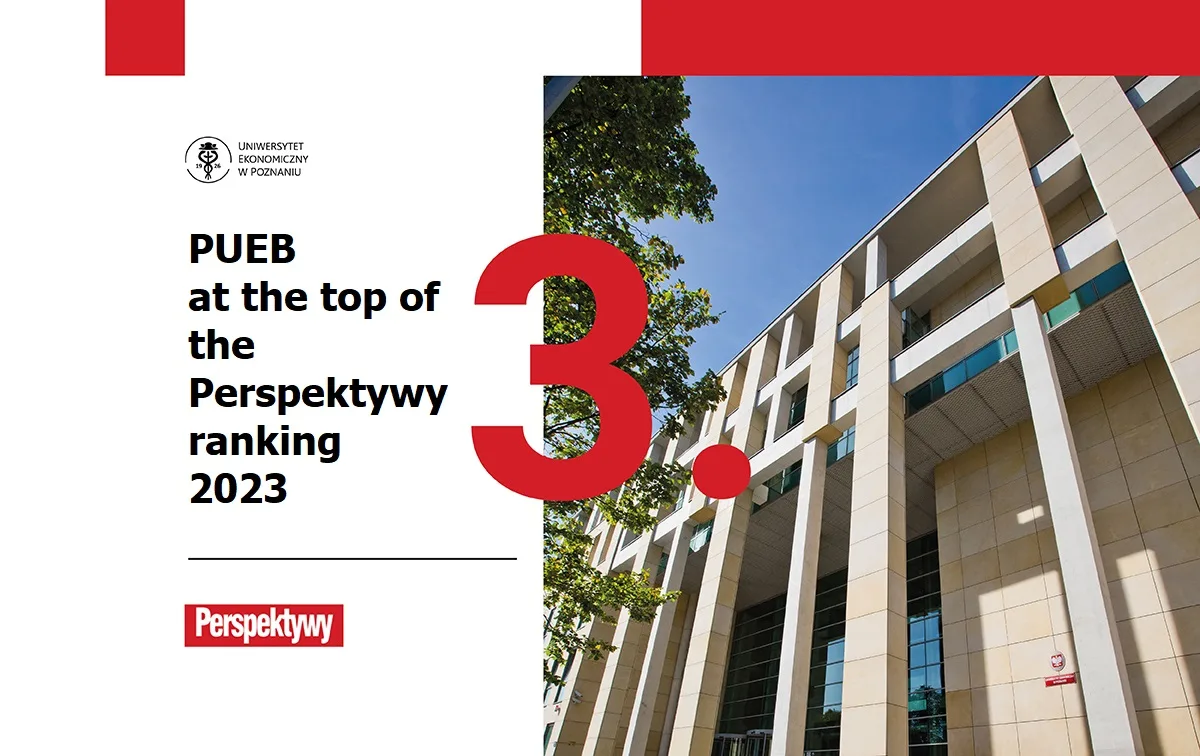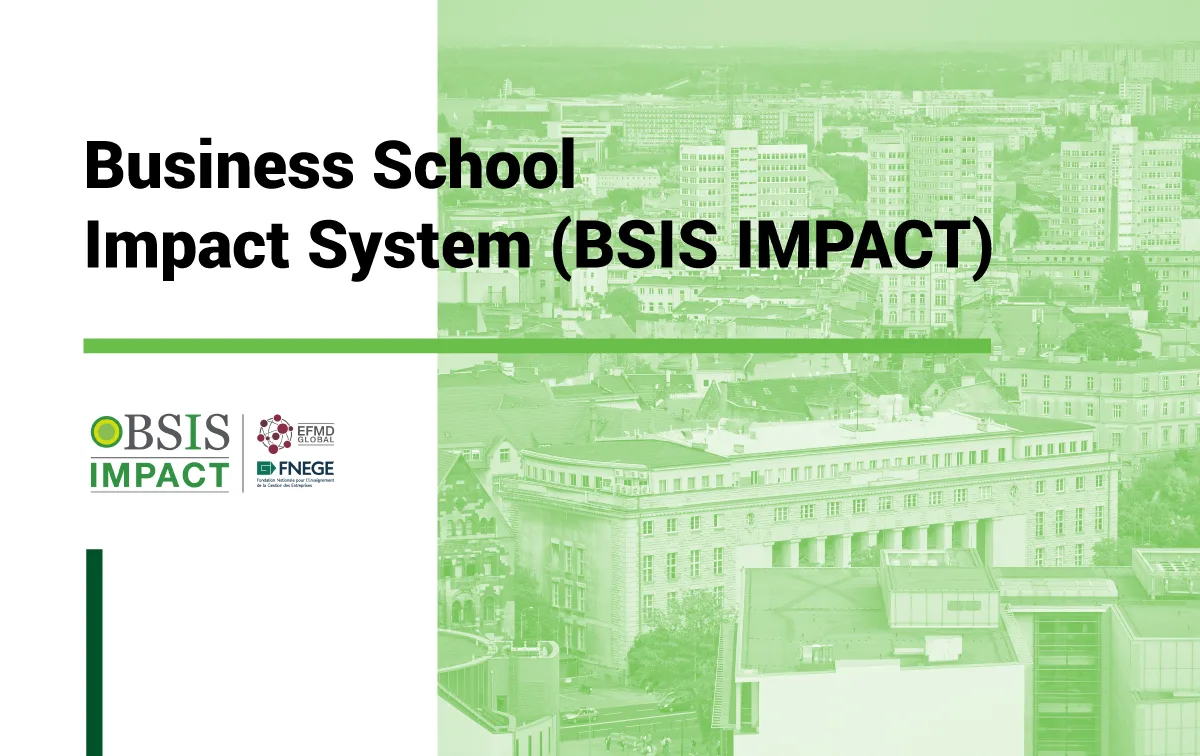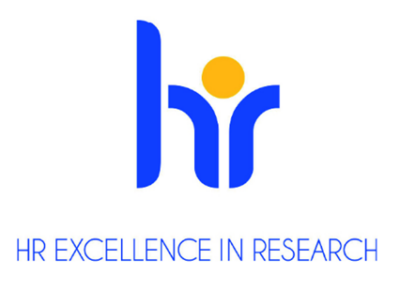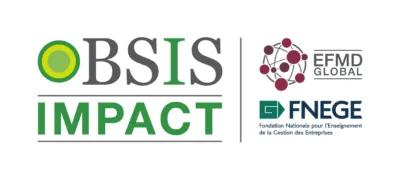Poznań University of Economics and Business - Homepage
-

PUEB students came 2nd in IMA 2024 Student Case Study Challenge
A huge success for our students on the international stage! A standing ovation fully deserved!
-

19 study programs offerd by PUEB included in ranking “Eduniversal Masters Ranking – the best Master & MBA worldwide
In the ranking "Eduniversal Masters Ranking - the best Master & MBA worldwide" for 2023, as many as 19 study programs implemented at PUEB are included.
-
Prof. Barbara Jankowska, Ph.D., elected as rector of PUEB for the term 2024-2028
Professor Barbara Jankowska is the 19th person to assume the position of rector since the foundation...
-
PUEB Sustainable Development Goals
-
14th Online Seminar in Finance: Sebastian Müller, Technical University of Munich
The Institute of Finance at PUEB is pleased to announce the 14th Online Seminar in Finance.
„With a sense of social responsibility, we conduct innovative research and educate leaders of the future.”

In pursuing our mission, we act in accordance with the following VALUES, i.e. principles which we consider important on a daily basis:
- We are OPEN to other people and the ever-changing world.
- We are RESPONSIBLE for the quality of education and research, as well as our environment.
- We are BOLD in our thinking and WISE in our actions.
- We are COMPETENT and TRUSTWORTHY as a partner for business, public administration and non-governmental organisations.


















